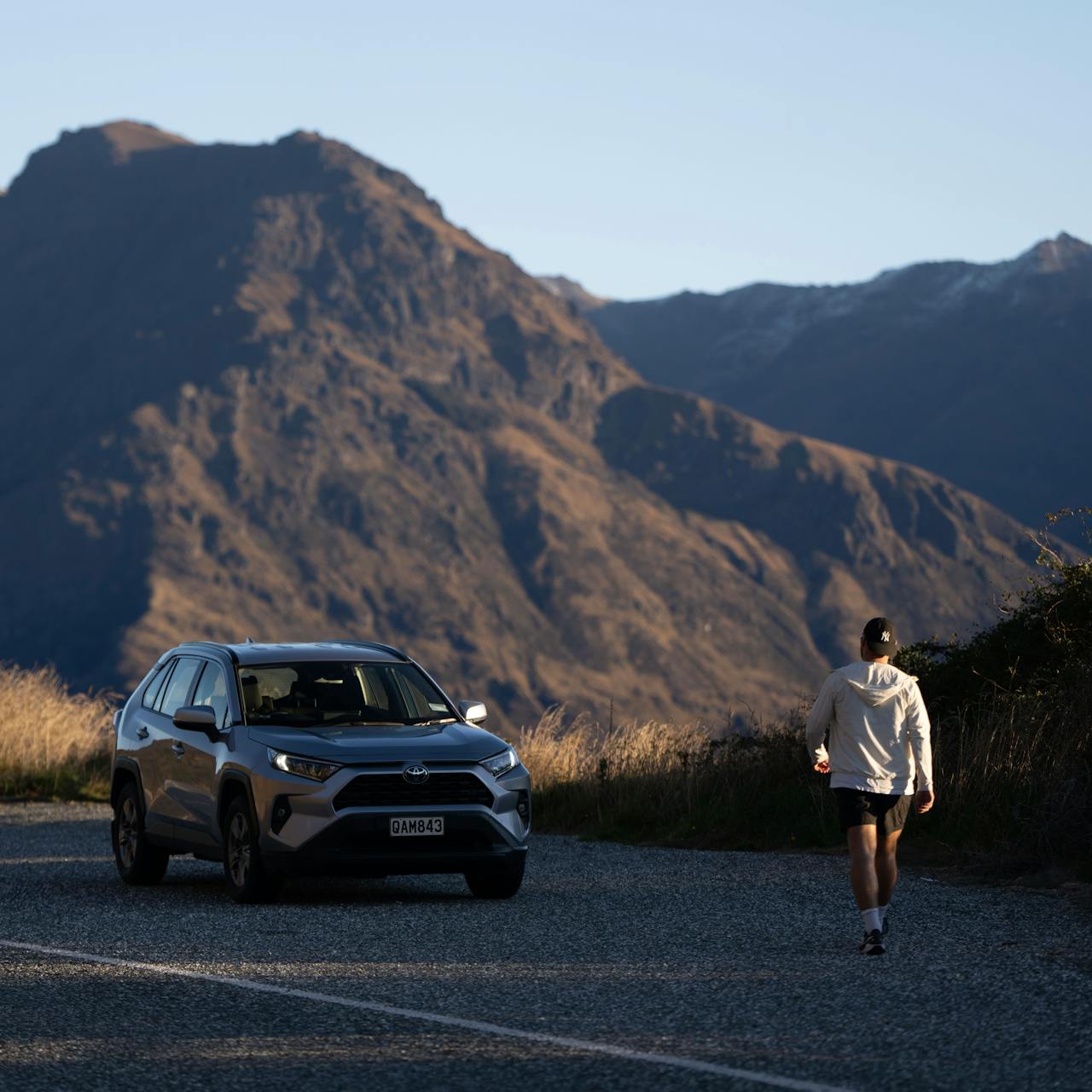
Whether you're coming for business, leisure, or passing through on your way to the coast, rent a car Zagreb is often the best way to explore the city and surrounding destinations. However, if you're arriving from abroad, you may wonder how the car rental service works in Croatia and what you should know before getting behind the wheel.
Below are all the key details to make renting a car in Zagreb easier for you.
Who Can Rent a Car in Zagreb?
In Croatia, rental agencies generally have basic requirements related to age and driving experience. Foreign nationals can rent a car if they:
are at least 21 years old (some agencies accept younger drivers for an extra fee),
have held a valid driver’s license for at least 1 year,
possess an international driving permit if their license was issued outside the EU (recommended, though some agencies accept national licenses).
It is always advisable to contact the rental agency in advance and check their specific policies.
Required Documents
To rent a car as a foreigner, you will usually need:
Passport or national ID card,
Driver’s license (and international permit if required),
Credit card in the driver's name (for the deposit),
Booking confirmation (if reserved online).
Airport or City Pickup – Which Is Better?
If you're arriving in Croatia by plane, many car rental agencies offer vehicle pick-up directly at Zagreb Airport. Rent a car at Zagreb Airport is a convenient option because you can begin your trip right after landing, without needing public transportation.
However, if you plan to spend a few days in Zagreb first, it might be more cost-effective to rent a car later, from one of the city center offices. This can help save on rental and parking costs.
How to Choose the Right Vehicle
The right car depends on your travel plans:
For city driving, compact or small city cars are ideal for easier parking and fuel efficiency.
For longer trips (e.g., to Plitvice Lakes, the Adriatic coast, or Istria), larger vehicles or SUVs provide more comfort and luggage space.
Families with kids often opt for minivans or roomier models with accessories like child seats.
Couples on a short vacation might prefer smaller vehicles, convertibles, or cars with automatic transmission for a more relaxed ride.
For business travel, sedans or premium cars with automatic transmission, AC, and additional comfort features leave a more professional impression and are better suited for long-distance trips between meetings.
Be sure to consider the number of passengers, luggage, and planned routes to ensure comfort and safety throughout your stay.

Croatian Driving Regulations You Should Know
If you're planning to drive in Croatia, you should familiarize yourself with the local traffic rules:
Drive on the right side of the road and overtake on the left.
Seatbelts are mandatory in all seats.
Using a mobile phone while driving is only allowed with hands-free equipment.
Blood alcohol limit: 0.5 ‰ for most drivers; 0.0 ‰ for drivers under 24 years old.
Speed limits are:
In towns: up to 50 km/h
Outside towns: up to 90 km/h
On expressways: up to 110 km/h
On highways: up to 130 km/h
Note: Speeding fines are high and often paid on the spot via card terminals.
From November 1 to March 31, winter tires or summer tires with snow chains (in the trunk) are mandatory, depending on weather conditions. Low-beam headlights must be on during the day in winter and are recommended year-round.
Children under 5 must sit in child seats, and children under 12 cannot sit in the front seat unless properly equipped.
Driving under the influence, illegal parking, running red lights, or not wearing seatbelts are serious offenses and can lead to large fines or even a driving ban within Croatia.
In case of an accident or breakdown, you must place a warning triangle, turn on hazard lights, and, if necessary, contact emergency services.
Highways are modern and ideal for intercity travel, especially to the coast. They are toll roads, payable by cash, card, or ENC device for faster passage.
Always check road conditions before traveling, especially in mountainous areas or during bad weather.
Vehicle Return and Fuel Policy
When returning the vehicle, pay attention to the fuel policy. Most agencies follow a full-to-full policy – you receive the car with a full tank and are expected to return it full. This is usually the most economical option.
Some agencies offer different models, such as returning the vehicle with a certain amount of fuel or without refueling at all, but these come with extra charges at agency-set rates, which are typically higher than market prices.
Read the rental conditions carefully, especially the fuel section. If you return the car with less fuel than agreed, the agency will charge not only for the missing fuel but also a refueling fee.
Also, note the working hours of the return office. Some agencies allow key drop-offs after hours, but this might involve additional fees or different procedures for fuel and damage checks.
To avoid surprises, plan to return the car with enough time for refueling and inspection.





